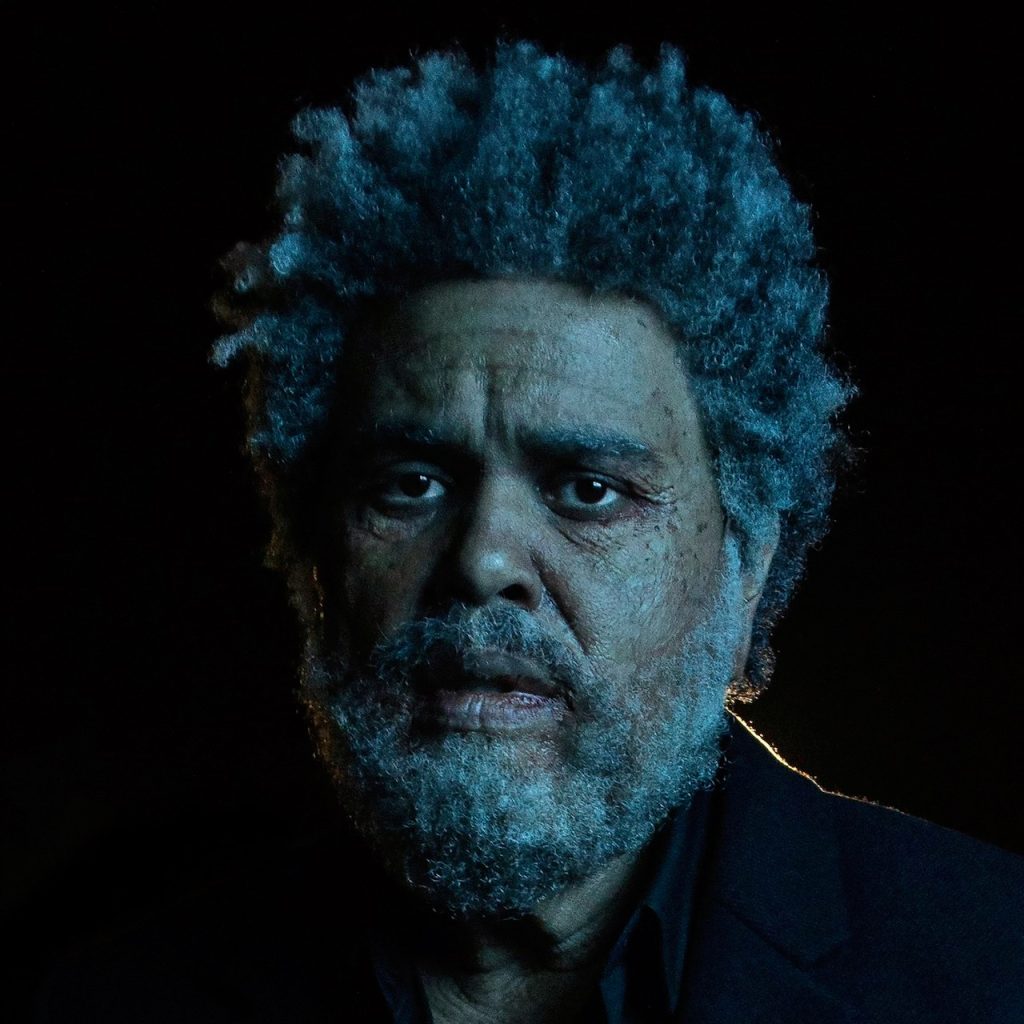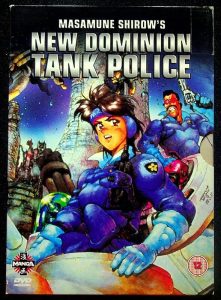Capgras’ Delusion: The delusion that family, friends and others have been replaced by imposters.
Frustrated as some retroheads may be at seeing their supposedly niche newsfeed flooded by “mainstream pop artist” The Weeknd, it seems like the Toronto artist intends to extend his stay in your discussion boards.
Having shot his way to superstardom with a series of dark, drugged-out R&B EPs (retroactively compiled as Trilogy in 2012), Abel Tesfaye’s wildly successful musical output remained largely undiscussed within the Retrowave scene. That is, until November of 2019 when he released ‘Blinding Lights’ the synth-driven second single to his fourth album ‘After Hours’. From then on, the artist became a dangerously hot topic of discussion throughout Reddit threads and Facebook groups, opposing fans of the song and those who feared a kind of appropriation or bastardization of their beloved scene through “mainstream exposure”.
Back in 2020, we took a deep dive through the Weeknd’s musical, lyrical and conceptual output and its long-standing commonalities with and nods to the retrowave scene, from his debut to After Hours. A couple of years and a handful of Covid variants later, we’re now greeted with a fifth full-length album. Announced as a conceptual counterpart and follow-up to After Hours, Dawn FM dropped on the first week of January, most likely with hopes to coincide with a new hopeful chapter for humanity in 2022.
So what’s in store for the retro synth enthusiast on this new record?
In many ways, a great deal of what made After Hours’ appeal to retroheads carries over to Dawn FM. Amongst the most promising features in this record is the return of Vaporwave pioneer Daniel Lopatin (aka Oneohtrix Point Never, aka Chuck Person), who is credited on no less than thirteen of the album’s sixteen tracks (compared to a mere three in fourteen on After Hours).
Dawn FM picks up from After Hours with a radio station jingle and voiceover announcement by Jim Carrey stating ‘You’ve been in the dark for way too long, it’s time to walk in the light’. Conceptually, the record places Abel in a mysterious state of purgatory bliss, on the way to a bright afterlife. Sonically, this translates into a cohesive blend of new eighties pop influences, disco flair, subtle wafts of vapour and a fair share of French touch strung together in a continuous flow. Dawn FM will keep you in a smooth cruising mood all throughout its runtime. The album’s first single ‘Take My Breath’ even appears in a slightly extended version, foreshadowed and blended into the tracklist as it would in a DJ set.
The album’s second single ‘Gasoline’, launches the album with a slick, Pet Shop Boys throwback to eighties Britpop whose momentum carries over throughout the entire album.
Whereas After Hours struck the neon retro nerve with its singles, Dawn FM aims for a more pristine disco touch evocative of Daft Punk’s Random Access Memories. ‘Sacrifice’ even hits the tail end of ‘Take My Breath’ with some old-school Daft Punk club sounds with its flanged acid bassline. The track paves the way for an interlude featuring Quincy Jones that practically feels like a pastiche of ‘Giorgio by Moroder’, in which the producer narrates his troubled relationships with women. Impressive as this feature may be, one may question the attempt to draw further parallels with Michael Jackson through Quincy Jones’ notorious track record of abuse.
The next track ‘Out of Time’, will no doubt go down as the album’s most controversial track in the retrowave community due to its sampling of Japanese “City Pop” track ‘Midnight Pretenders’ by Tomoko Aran. Some have expressed severe disapproval of the song’s sampling by such a large-scale artist, whereas others seem to welcome the exposure it might bring to the City Pop phenomenon. Considering Lopatin’s credit on the track, it most likely was meant as a nod to the Vaporwave community and its extended family. As a pioneer in the genre, Lopatin’s influence is what sparked interest in sampling and digging up eighties pop from Japan, leading many to stumble upon City Pop albums through the Youtube recommendations bar. The resulting track is an obvious Michael Jackson pastiche with one of the album’s strongest hooks.
Despite the ambition as a radio broadcast concept and the occasional lyrical and stylistic throwbacks, Dawn FM ultimately feels less fleshed out than its predecessors.
It seems like Abel’s collaborators and the album’s heavy pop sensibility have led him to cut down on the corny puns and punchlines, though it comes at the expense of the Dawn FM’s narrative and worldbuilding. What’s left are little more than the same rehashed lyrics about wild sex and drugs, somewhat toned down and made less overt for the sake of commercial radio appeal. Despite us hearing his story through his perspective, Abel’s reflection on his past actions paint the portrait of an immature, toxic individual with a little insight on what makes him such a broken person. Every single Weeknd song is addressed to a girl he wants to, used to or regularly has sex with, the song ‘Best Friends’ serving as the final piece of evidence to prove this theory.
Chorus:
Oh, what we got
Baby, what we got is secure
Been a part of toxic love
It tore us apart
Things you want, I’m not lookin’ for
You’re my best friend nowOh, I don’t want to be responsible
For your heart if we fall
‘Cause I’ll get clumsy and tear it apart
I love you so, but we can’t get close
You’re my best friend now
(Source Genius)
For an album set in the afterlife, it is surprising to note that there is nothing that The Weeknd hasn’t already told in greater detail in a previous album. The albums’ skits serve more as vacuous statements than narrative tools, with Jim Carrey’s verbose interventions quickly falling into obnoxious territory, culminating in a particularly underwhelming outro that misses its mark and closes the album on a benign, fake-deep message of hope.
For all of its flaws, Dawn FM is an enjoyable listen that has a fair share for retro-hungry fans to sink their teeth into, though fewer standout tracks to fawn over. The dissonant, psychedelic sonic textures provided by Oneohtrix Point Never provide an intriguing, bold aesthetic to the songs and add a sarcastic edge to the Weeknd’s deeper dive into pop music commercialism. Whether or not you believe The Weeknd singing radio jingles is to be taken at face value, there is definitely something off about the way it sounds and a fair reason to believe some of Lopatin’s sarcastic views on pop music commercialism have crept into the album. Not that it amounts to much of a subversive statement. From its very inception, Dawn FM was set out to be a widely commercialized record by today’s top streaming artists, with songs written and produced by Max Martin. Nonetheless, one cannot help but feel something deliberately artificial and uncanny about the retro sounds on the album, a sort of Capgras delusion where the pastiche has replaced the original eighties.




